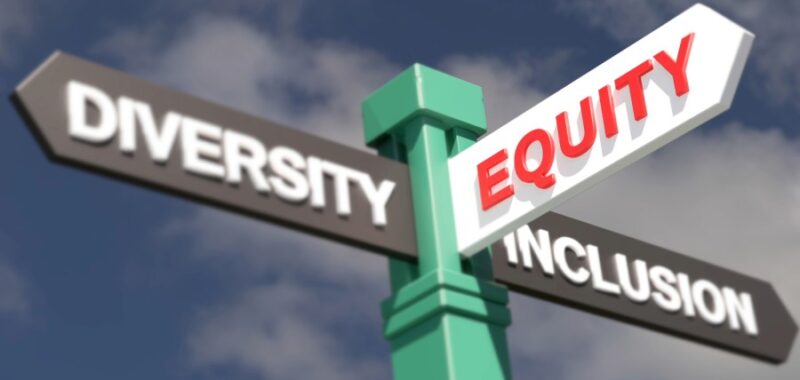
As a scientist who studies prejudice and strategies to reduce bias and promote inclusion, I was curious to see the recent film by Matt Walsh, “Am I racist?” which takes on the $8 billion per year DEI training industry and mocks its usefulness. His core message is that the best way to be unbiased is to be colorblind, treat each other as individuals, not dwell one another’s racial or ethnic identity, and not to assume that “white” equals “racist.”
On the liberal side of the spectrum, the “do the work” proponents of DEI training in the film emphasize the importance of self-education, learning about American history and policies that created racial inequality across generations — policies that in some cases continue to maintain inequality today. Proponents of this position want people to sit with this knowledge, and if they are white, to reflect on how they benefit from this system and feel guilty.
Decades of social psychological research show that neither this conservative nor liberal approach will solve the problem of bias reduction or greater inclusion. Walsh’s position ignores the weight of history in shaping individuals’ outcomes today, while standard antibias trainings forget that “doing the work” in the form of self-education and good intentions are not enough. The norms and traditions of the places in which we live and work, the roles we occupy, and the opinions and actions of other people around us steer our own beliefs and behavior in powerful ways.
The standard antibias training and the conservative backlash to it form a bitter self-perpetuating cycle. These two approaches have an interesting similarity: both focus on individuals only and both underestimate the power of situations in shaping human behavior. The liberal “do the work” position zeros in on individual self-education. And the conservative position asks us to see each other as individuals, separate from the legacy of the past.
To get out of the cycle in which we’re stuck, we need a different way out.
The answer starts with stepping out of our individualistic shell and finding new physical spaces where we interact with people who are different from us. Research shows most Americans have same-race friends: 90 percent of White Americans say their friends are all White, 78 percent of Black Americans have all-Black friends; Hispanics and Asian Americans stay entirely within their groups for friendship at lower rates — 63 percent and 65 percent respectively.
When we have real conversations with people who are different from us, become curious about one another, listen and learn little personal stories that reveal the material conditions of each other’s lives that may not be visible from the outside, the stories we hear begin to raise doubts about cultural myths we’ve learned from an early age about deservingness, meritocracy and the American Dream that swirl around us like self-evident truths. With real conversation come empathy, “aha” moments and interracial friendships. Behind the individual stories, we come to see structural barriers that were previously invisible.
Now we can see the wallpaper: those unspoken norms and customs, stories that signal who is valued and who is not, and the physical design of places that keep us apart. It’s the stuff in the background that’s barely noticed. And yet it nudges our thoughts and behavior, quietly creating and reinforcing inequalities.
Genuine conversations across group lines, active listening, empathy, and friendships open the door to people wanting to act together on a common issue they care about, to build a more just community where they live or work.
Nilanjana Dasgupta is provost professor of psychology and inaugural director of the Institute of Diversity Sciences at the University of Massachusetts Amherst. She is the winner of the Hidden Bias Research Prize from the Kapor Foundation and the recipient of multiple U.S. government research grants. She is the author of the forthcoming book, “Change the Wallpaper: Transforming Cultural Patterns to Build More Just Communities,” published by Yale University Press.

